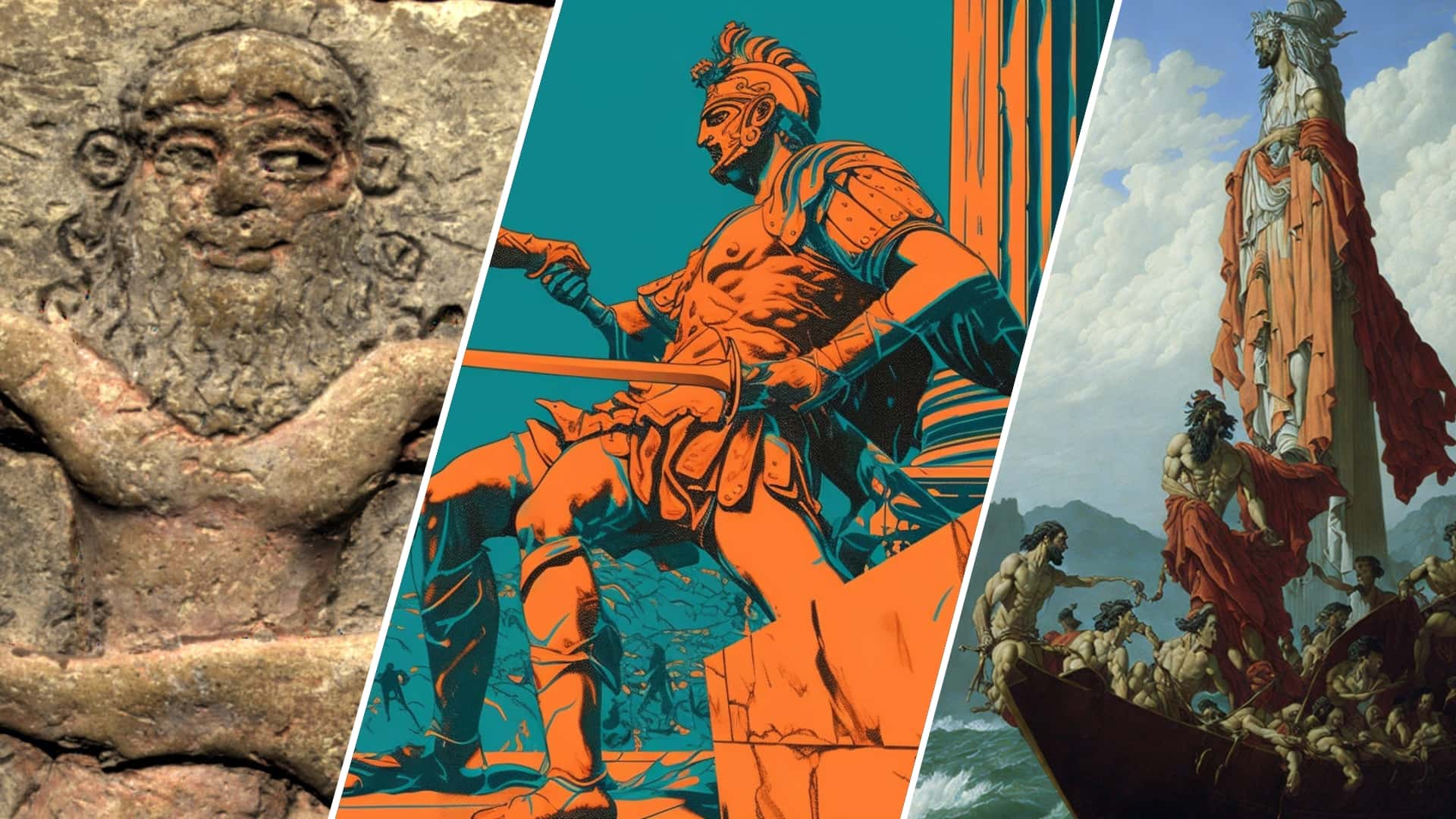T
he epic poem has been instrumental in preserving and perpetuating historical events, societal norms, and philosophical thoughts of different eras. These long-form narratives and poems serve as a testament to human resilience, valor, and wisdom, often operating as cultural cornerstones that provide a window into the collective consciousness of societies past and present. Let’s take a deep dive into the epic.
What is an Epic Poem in Literature?
How do we define epic poem?
There are some defining characteristics that distinguish epic poem from other types of literature. Before we analyze these, let’s take a look at the epic poem definition.
EPIC POEM DEFINITION
What is an epic poem?
The epic poem, or epic, is a genre of narrative literature that consists of lengthy, serious poems and stories that detail heroic deeds and events significant to a culture or nation. These stories often revolve around the adventures of a historically or mythologically significant hero. Characterized by its grand scope and elevated language, epic traditionally includes elements such as divine intervention, vast settings, and formal speeches.
Epic Poem Characteristics:
- Chronicles heroic deeds
- Features grand settings and divine elements
- Uses elevated, formal language
Famous Epics in History
Historical background of epics
Epics have their roots in the oral tradition of ancient cultures. Before the advent of written language, these grand narratives were recited or sung to audiences during important communal events. The tales would be passed down from generation to generation, eventually becoming an integral part of society's cultural fabric.
Some of the oldest known epics include The Epic of Gilgamesh from Mesopotamia, the Indian epics of Mahabharata and Ramayana, and the Greek classics, Iliad and Odyssey, attributed to Homer.Each of these works provides a glimpse into the values, beliefs, and customs of their respective civilization, as well as the universal themes of heroism, honor, love, and sacrifice.
What is an Epic Poem Defined By?
Epic poem characteristics
At the heart of every epic lies a heroic protagonist. This central figure, often of divine descent or possessing superhuman abilities, embarks on a quest filled with perilous adventures and significant events. Their journey forms the backbone of the narrative.
To learn more about the heroic protagonist and how it stands versus other protagonists check out our video breakdown below.
What is a Protagonist • Subscribe on YouTube
Supernatural Elements
Supernatural elements are a staple in epics. Gods, goddesses, and other mystical beings often play crucial roles in the hero's journey. This interplay between the mortal and divine realms adds a layer of complexity and intrigue to the narrative.
Elevated Language and Grand Settings
The language employed in epics is elevated and formal, contributing to the overall grandeur of the narrative. Furthermore, the settings in these poems are vast and sweeping, often spanning across nations, worlds, or even cosmos, reflecting the epic scale of the hero's journey.
Sidenote: This isn't exactly the same as The Hero's Journey but they are certainly related and there can be overlap between them.

Odysseus and his crew escape the cyclops, as painted by Arnold Böcklin in 1896.
National or Universal Significance
Epics are not just personal tales; they carry national or even universal significance. They illuminate the shared values, struggles, and triumphs of a people, making them more than just stories, but reflections of cultural and societal norms.
Epic Poem Examples
Examples of epic poems
The history of poetry and literature is studded with examples of epic poems. Let’s take a look at some of the most iconic epic poem examples
Homer's Iliad and Odyssey
Among the pantheon of epics, Homer's Iliad and Odyssey stand out for their enduring influence. The Iliad recounts the tumultuous events of the Trojan War, focusing on the Greek hero Achilles.
On the other hand, The Odyssey narrates the trials and tribulations of Odysseus during his decade-long journey home following the war's end.A Long and Difficult Journey, or The Odyssey: Crash Course Literature
Both works delve deep into themes of heroism, honor, wrath, and the human condition, making them timeless classics in world literature.
John Milton's Paradise Lost
Paradise Lost, a 17th-century epic, retells the Biblical tale of Adam and Eve's fall from grace. Its exploration of complex themes such as free will, temptation, and redemption, coupled with its dramatic portrayal of the cosmic battle between good and evil, has established it as a cornerstone of English literature.
Beowulf
Beowulf, an Old English epic poem, chronicles the heroic deeds of its eponymous character against fearsome creatures. Its examination of themes like heroism, fate, mortality, and legacy continues to resonate with modern readers, making it a work of enduring relevance.What is an Epic Poem in Literature?
The impact of epic poems
Epic poems have left an indelible mark on contemporary literature and culture. Their influence extends to various literary genres, including novels, dramas, and films. Our current understanding of a hero, along with narrative constructs such as the Hero's Journey, has been shaped significantly by the epic tradition.
These age-old narratives continue to find resonance in today's world, their themes and archetypes often reimagined in contemporary contexts.
Thus, the legacy of epics persists, underscoring their universal appeal and timeless relevance.

The 1827 illustrations of "Paradise Lost" by John Martin
Epics are grand narratives that embody universal human emotions and values, testament to our resilience and courage. As we delve into this genre, their enduring legacy underscores the transformative power of words and insights into our shared experience, illuminating our imagination and potential.
Up Next
Types of Poems and Poem Structures
Having explored the grandeur and intricacies of epic, let's now broaden our poetic horizons by delving into the diverse world of types of poetry and poetry structure.
